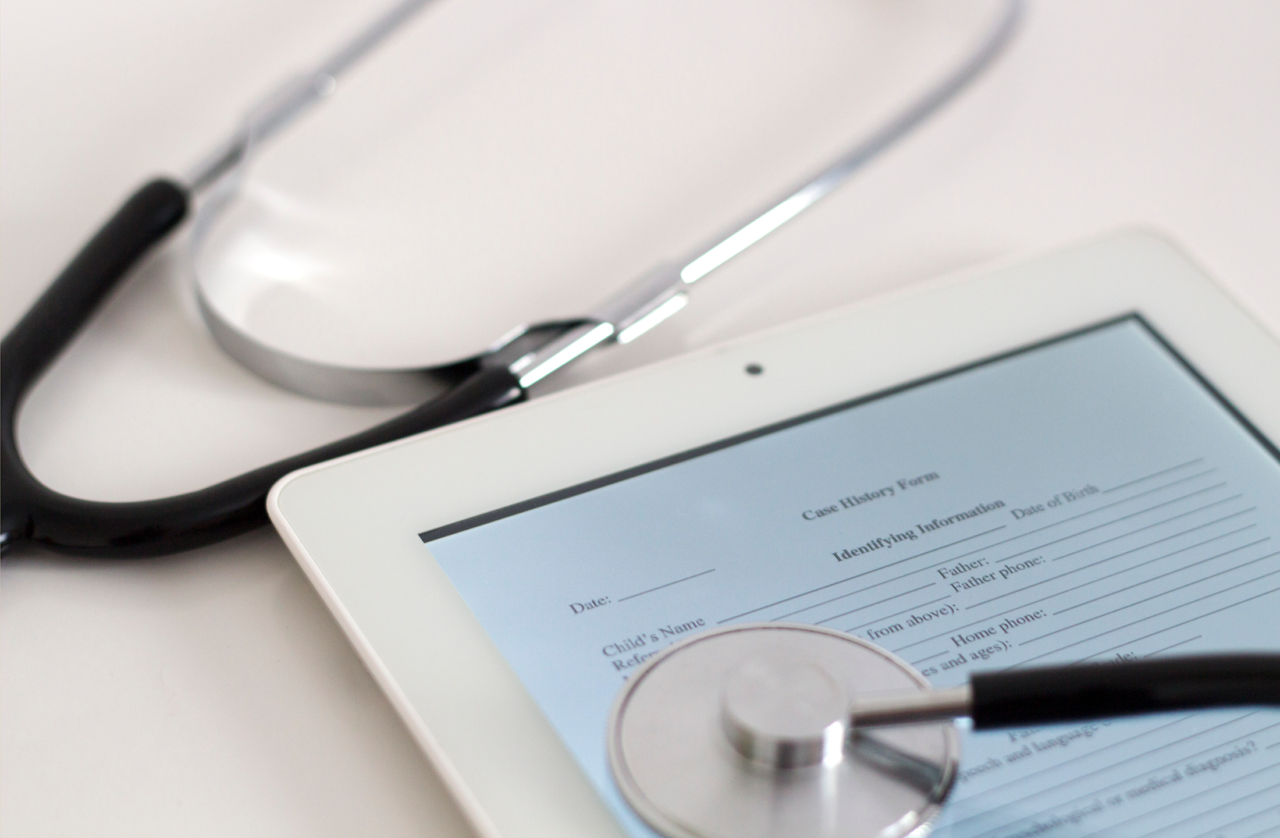By Ayomide Isola-Gbenla, BS, Monisha Arya MD, MPH, and K. Viswanath PhD.
As Harris County healthcare organizations adhere to social distancing and employ telemedicine during this COVID-19 crisis, we are worried that many residents in our community will be left out. While poverty and lack of education are known to limit healthcare access, not having access to communication technologies such as computers and internet is underappreciated as a health determinant. Ignoring these factors during this pandemic may result in unequal adoption of remote healthcare tools and harm the health of already underserved patient populations.
Telemedicine using video visits requires, at the bare minimum, a computer with a camera (built-in or external) or a smartphone and internet access. In Harris County, 17% of our residents live below the federal poverty line. A closer look shows that certain residential areas have much higher rates, with up to 70% of residents living in poverty. We know that fewer than 50% of those living in poverty have a computer at home. Our own data of Harris County residents receiving care in our publicly funded healthcare system found that only 46% have a smartphone and only 50% have internet access on a computer at home. Further, 15% reported not having consistent mobile phone service throughout the year. The economic burden of acquiring the hardware or services – including adequate bandwidth – required to participate in telemedicine video visits will be prohibitive for our low-income residents.
Even among residents who have these necessities, many may not have the eHealth literacy necessary to participate in a provider-led session using telemedicine. eHealth literacy refers to the ability to use electronic communication technology for health needs; eHealth literacy correlates with educational attainment.
In Harris County, 41% of our residents lack educational attainment beyond high school suggesting that their ability to use eHealth tools such as telemedicine may be low. Even among those who have the resources and eHealth literacy necessary for telemedicine video visits, other barriers may exist. Telemedicine research done in an urban, low-income community found that resident concerns included the lack of in-person interaction with a healthcare provider, mistrust in a healthcare provider available only by video, and internet security.
Telemedicine will necessarily roll out during this time of social distancing in the COVID-19 crisis. We acknowledge the usefulness of telemedicine. For Harris County, we suggest the following actions be taken by healthcare organizations to ensure accessible and quality care to historically underserved patient populations:
- Survey patients to assess their access to (1) home computers and smartphones capable of video visits, (2) uninterrupted internet and mobile phone services
- Deliver education about the value and privacy implications of using telemedicine
- Provide a tutorial to address eHealth literacy with step by step instructions for using technology (e.g., computers, smartphones) for video visits and a help desk hotline to help residents troubleshoot
- Explore opportunities for subsidized data plans or internet access for patients
- Consider and evaluate the efficacy of less internet-intensive options (e.g., regular telephone calls)
- Track quantitative and qualitative data (e.g., satisfaction, user-friendliness,challenges) on use of telemedicine to inform future implementation in healthcare
During this challenging time, telemedicine can be an excellent tool to bring healthcare access to patients in their homes. Thoughtful consideration of those who may be left out of this healthcare advancement needs to be considered to prevent further widening of health disparities.
Monisha Arya, MD, MPH is a health communications expert at the Baylor College of Medicine and infectious diseases physician in the Harris Health System in Harris County, Texas. Twitter @AryaCampaigns
Ayomide Isola-Gbenla, BS is a biology graduate student applying to medical school and a project intern at the Houston AIDS Education & Training Center at the Baylor College of Medicine in Houston, Texas. Twitter @Isola_Ayo27
- Viswanath, PhD is the Lee Kum Kee Professor of Health Communication at the Harvard School of Public Health in Boston, Massachusetts. Twitter @vishplus


